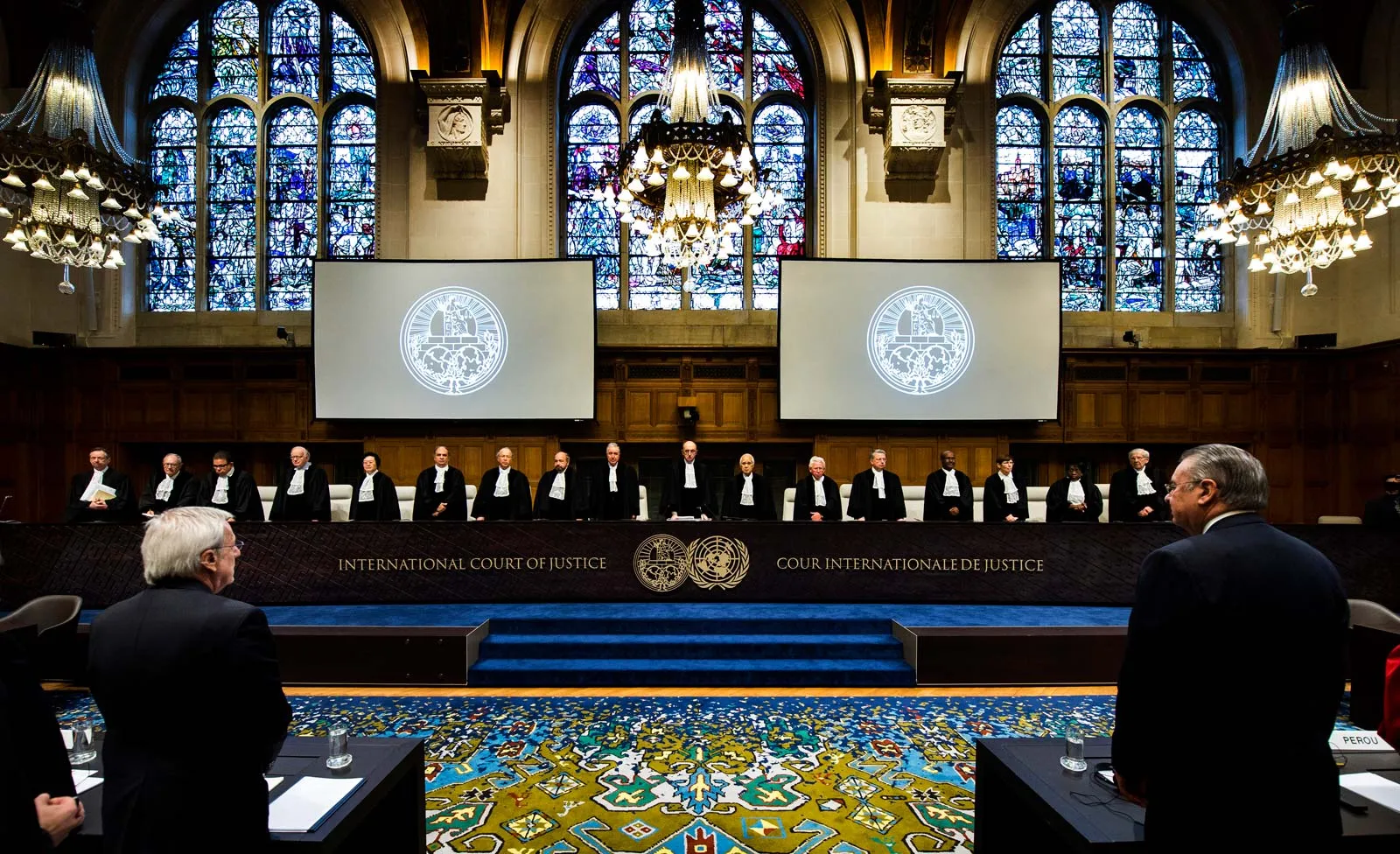The Pakistan Telecommunication Authority (PTA) is developing a strategy to control the usage of VPNs in Pakistan by allowing certain proxy networks and blocking others, as stated by the authority’s chairman, retired Maj General Hafeezur Rehman, during a meeting with the Standing Committee on Cabinet Secretariat.
PTA Chairman Hafeezur Rehman disclosed that once the policy is put into effect, only approved VPNs will be operational in Pakistan, while others will be restricted. The use of VPNs by local internet users has notably surged in 2024, primarily to access X (formerly Twitter), which has been inaccessible in the country since February 19.
According to an independent VPN review website, Top10VPN, the demand for proxy networks soared by 131% on February 19, just two days after X was blocked. Rehman emphasized to the Senate body that specific networks would be whitelisted while others would face restrictions.
In response to the ban on X, Surfshark, a VPN provider, experienced a significant surge in new user registrations in Pakistan, escalating by 300 to 400%. However, despite the high number of users accessing X through VPN, the PTA head asserted that the number of X users in Pakistan has decreased by 70%, with only 30% accessing it through VPN.
With only 4.5 million X users in Pakistan, as reported by DataReportal, there are concerns regarding the broader implications for the IT sector regarding any attempt to regulate VPN usage in the country. The PTA chairman cautioned that a blanket ban on VPNs may lead to the collapse of numerous IT businesses reliant on VPNs for their operations.
Additionally, Law Minister Azam Nazir Tarar highlighted the need to tax social media revenues, pointing out that many social media platforms accused of violating Pakistan’s security laws have proposed setting up offices in the country.
The committee delved into concerns over taxes on cellular advertisements, and a member proposed studying national and international laws to ensure access to digital services for the people.

















